Optimal Timing for Black Widow Removals
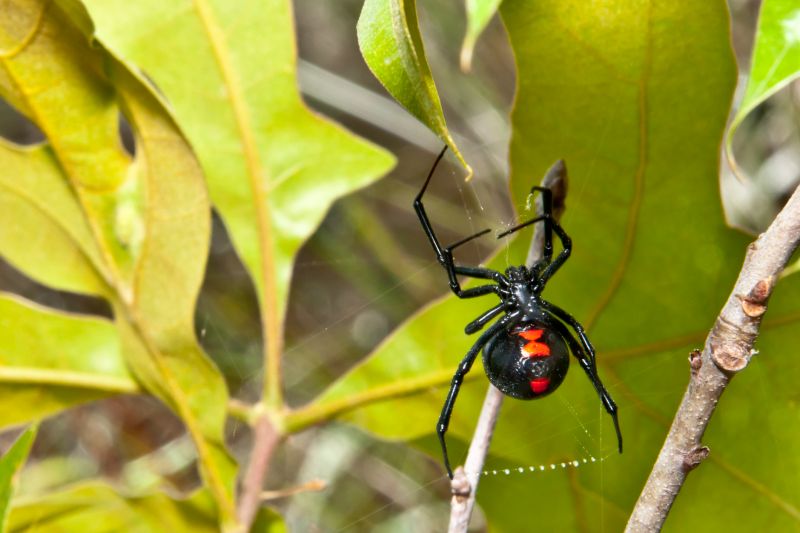
Ways to make Black Widow Removals work in tight or awkward layouts.
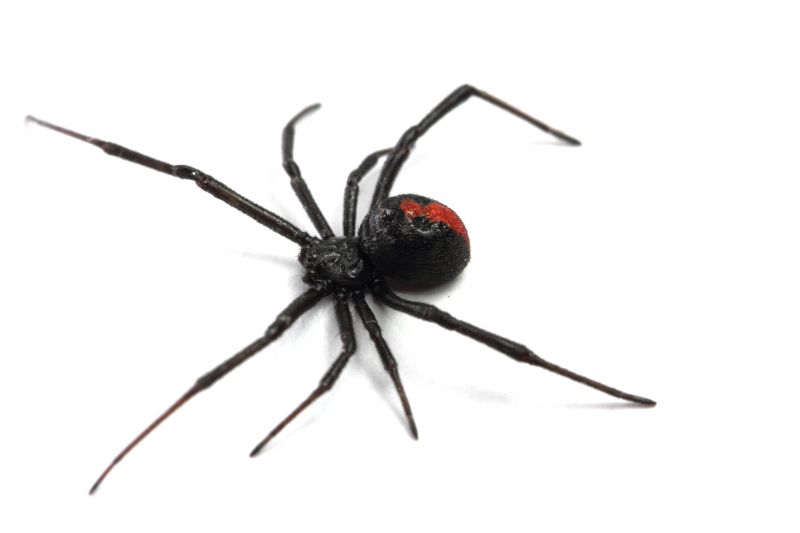
Popular materials for Black Widow Removals and why they hold up over time.
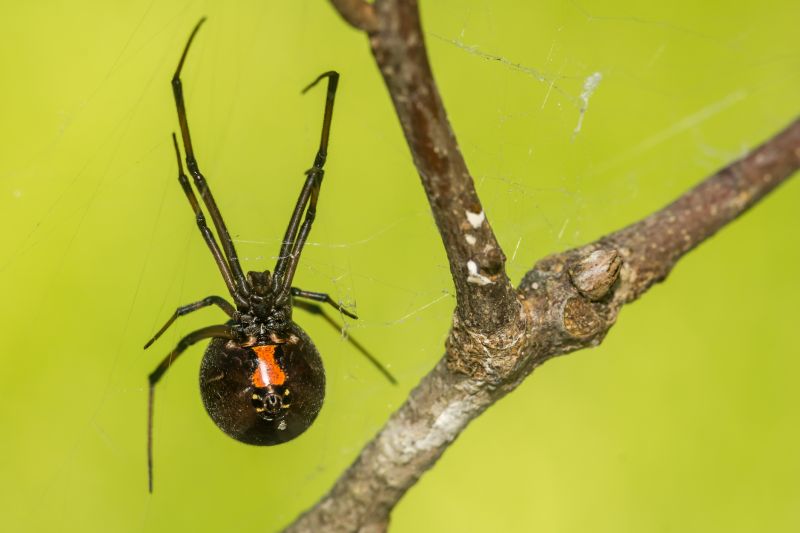
Simple add-ons that improve Black Widow Removals without blowing the budget.

High-end options that actually feel worth it for Black Widow Removals.
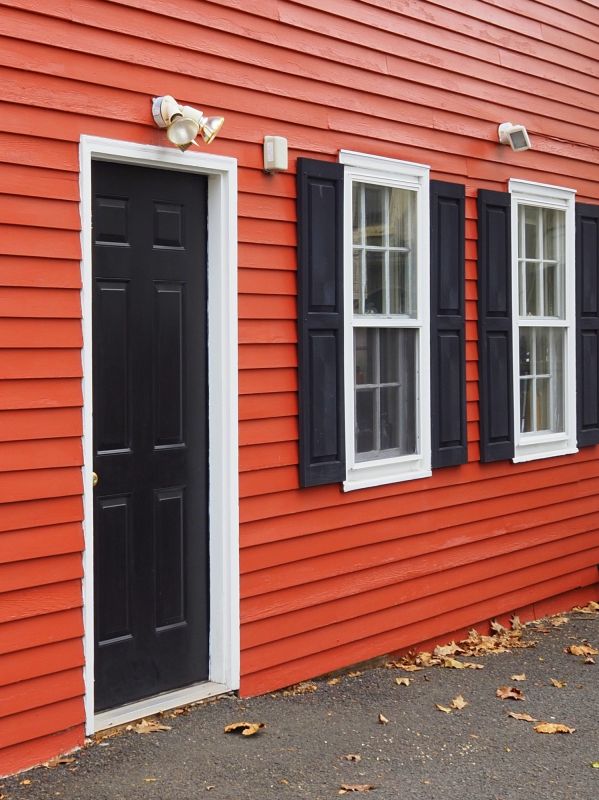
Finishes and colors that play nicely with Black Widow Removals.

Little measurements that prevent headaches on Black Widow Removals day.

A 60-second routine that keeps Black Widow Removals looking new.
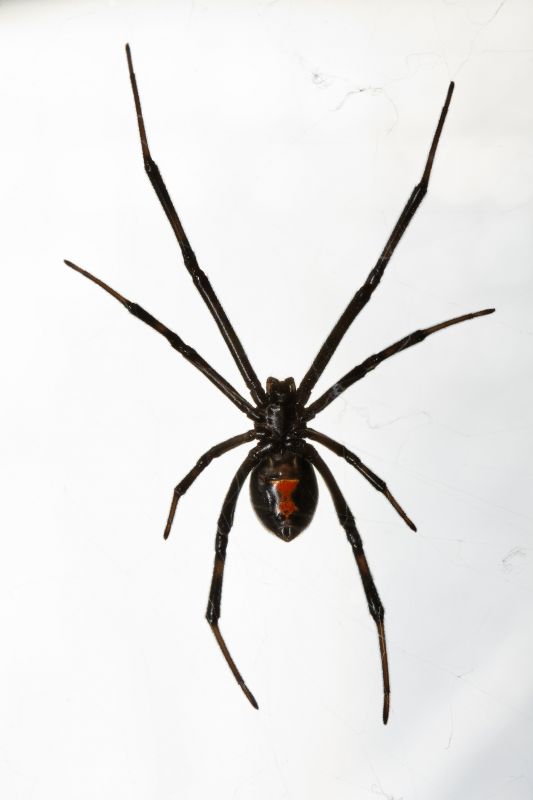
A frequent mistake in Black Widow Removals and how to dodge it.
Black widow spiders are most active during warmer months, typically from late spring to early fall. This period sees increased activity as females seek to reproduce and establish new webs. The best time for removals is during early spring or late fall when spider activity diminishes, reducing the risk of encounters during treatment.
Timing removals outside of peak activity periods can improve safety and effectiveness. Conducting treatments in cooler months, when spiders are less active or in hiding, minimizes disturbance and potential exposure. Regular inspections during these times can help prevent infestations before they escalate.
Black widows prefer quiet, undisturbed areas. They often hide in dark corners, sheds, and cluttered spaces, especially during colder months.
Their activity peaks in late spring and summer, with reduced movement in winter, making fall and early spring ideal for removals.
Warm, dry conditions favor black widow presence. Removals are most effective when environmental conditions are managed to reduce spider habitats.
Performing removals before peak activity seasons can prevent larger infestations and reduce risk.
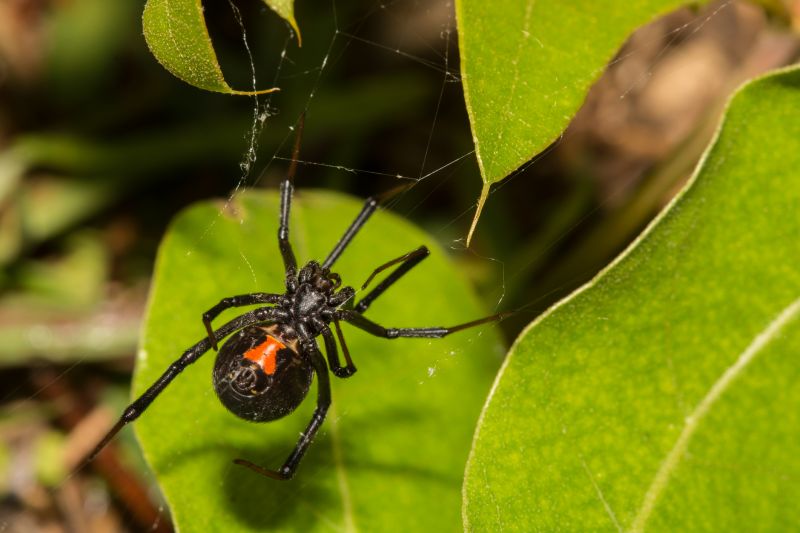
Small tweaks to make Black Widow Removals safer and easier to use.
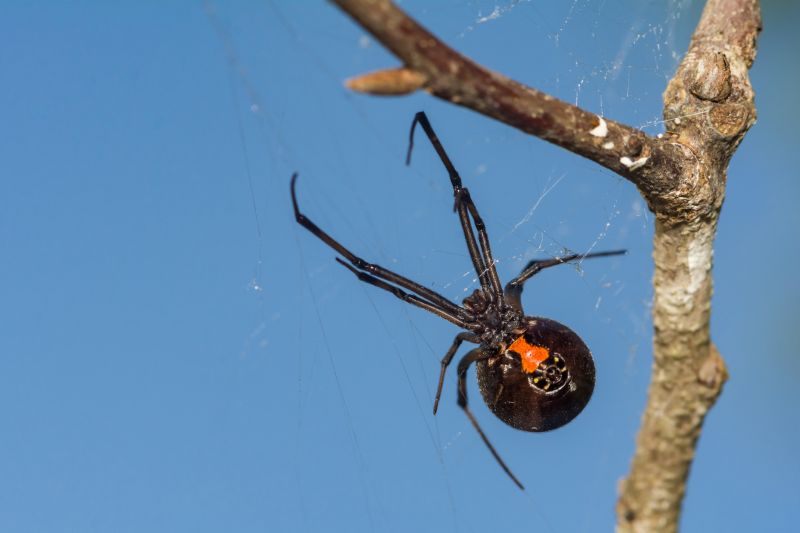
Lower-waste or water-saving choices for Black Widow Removals.
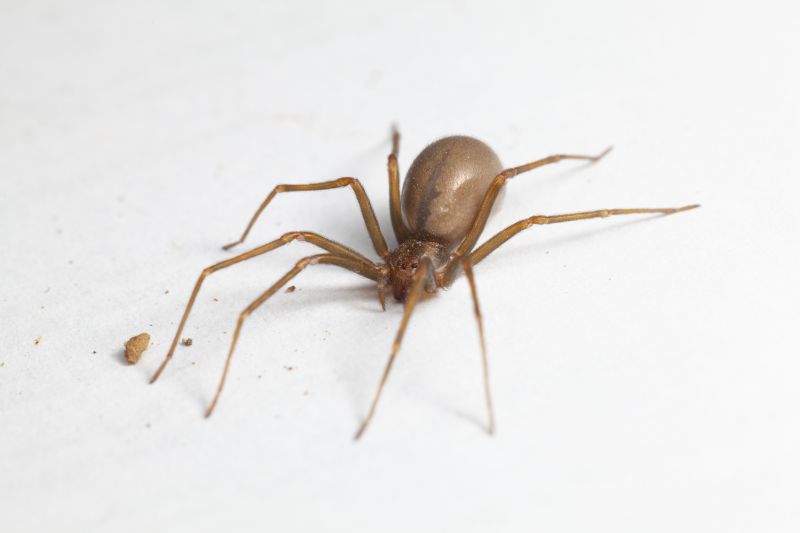
The short, realistic tool list for quality Black Widow Removals.
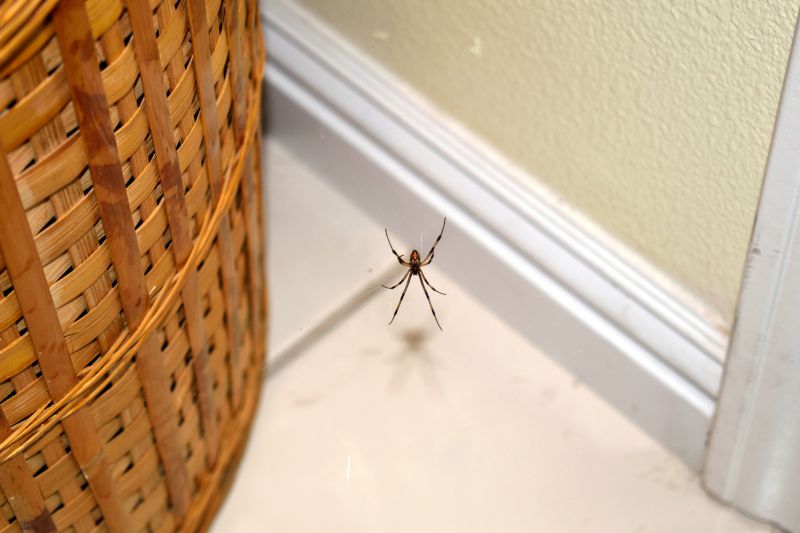
Rough timing from prep to clean-up for Black Widow Removals.
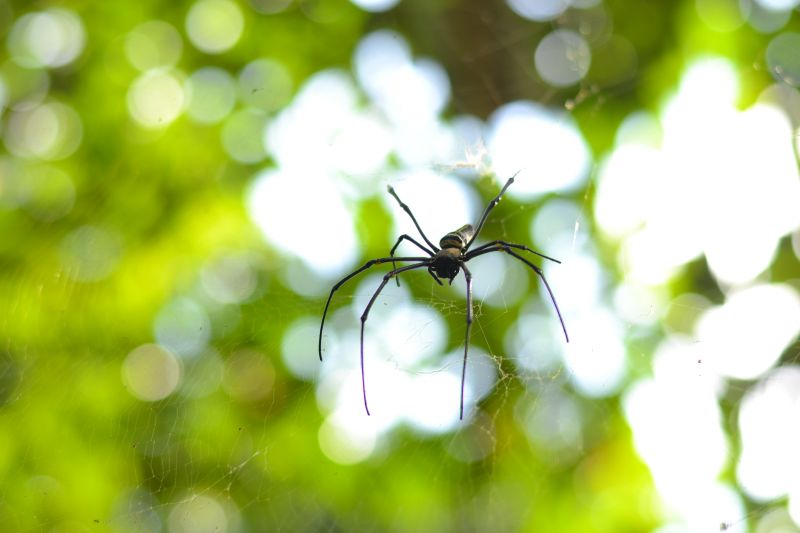
Quick checks and paperwork to keep after Black Widow Removals.
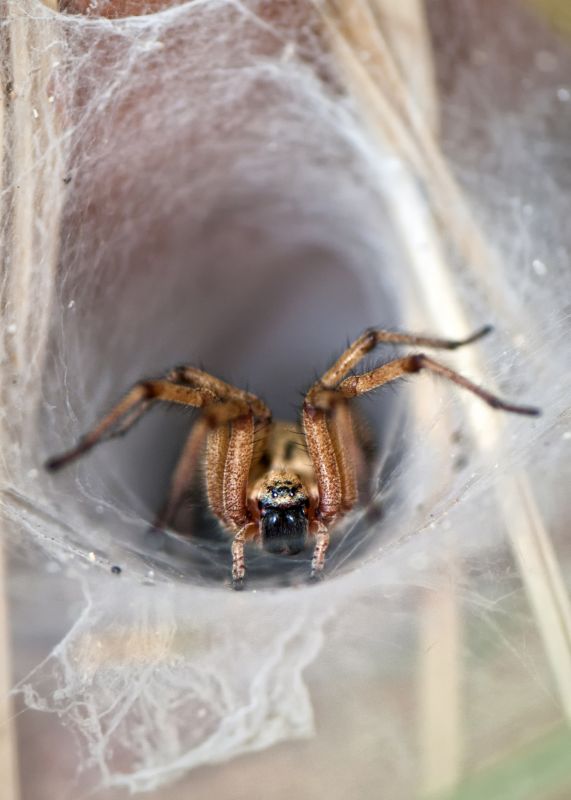
Examples that show the impact a good Black Widow Removals can make.
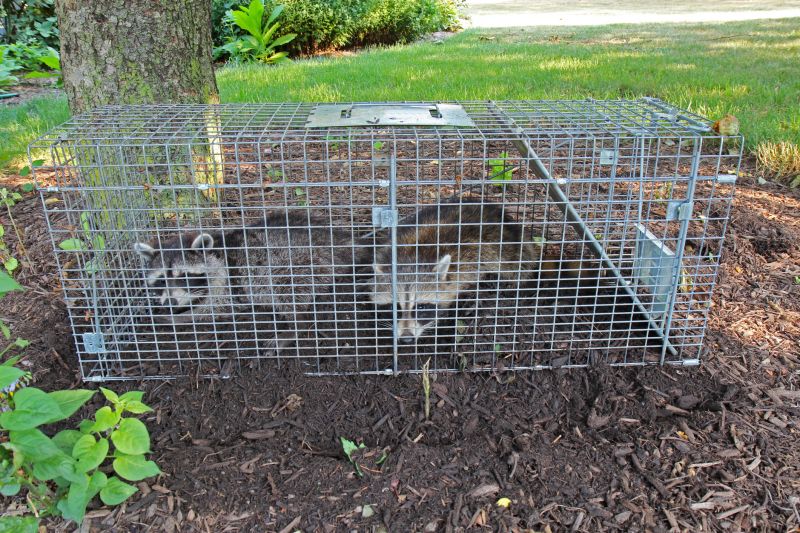
Ways to make Black Widow Removals work in tight or awkward layouts.

Ways to make Black Widow Removals work in tight or awkward layouts.
Black widow removals are most effective when timed with consideration of their seasonal activity patterns. Early intervention during low activity periods can prevent larger, more dangerous infestations. Proper removal techniques and habitat management are essential for long-term control.
| Season | Spider Activity Level |
|---|---|
| Spring | Increasing activity, mating season |
| Summer | Peak activity, web building |
| Fall | Decreasing activity, egg-laying |
| Winter | Minimal activity, hiding in shelters |
| Late Winter/Early Spring | Low activity, emerging from hiding |
Understanding the seasonal behavior of black widows helps determine the optimal timing for removals. Regular inspections and timely treatments during low activity periods can reduce risks and prevent infestations from developing during peak seasons.
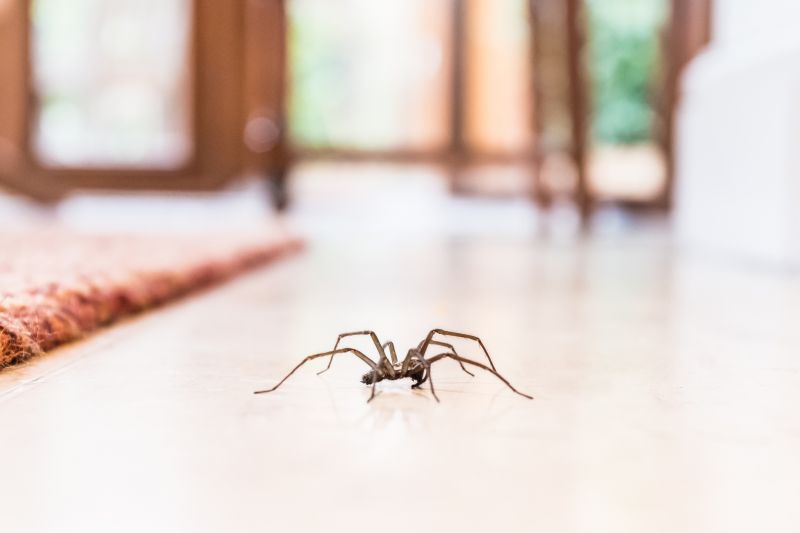
Ways to make Black Widow Removals work in tight or awkward layouts.
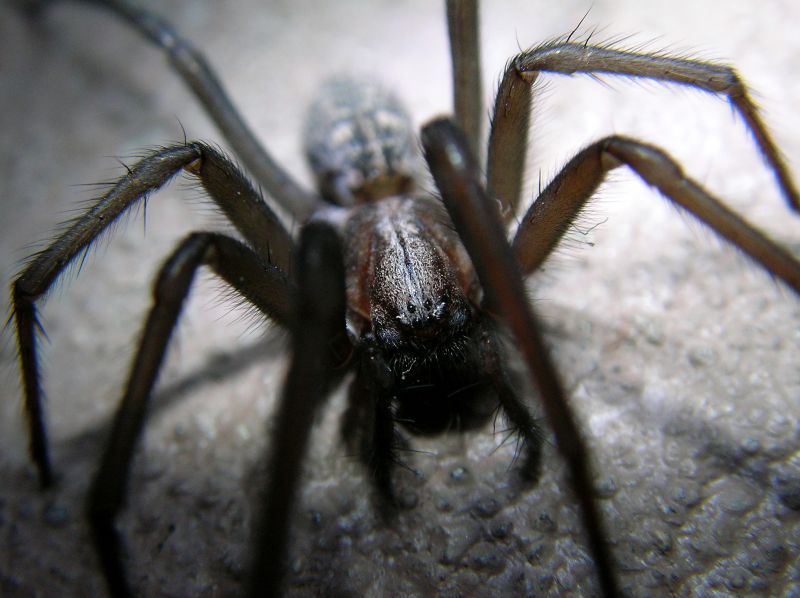
Ways to make Black Widow Removals work in tight or awkward layouts.
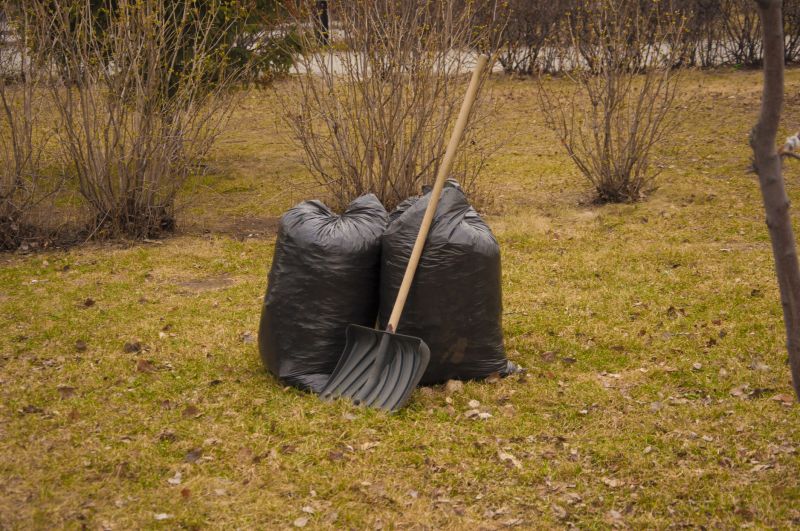
Ways to make Black Widow Removals work in tight or awkward layouts.
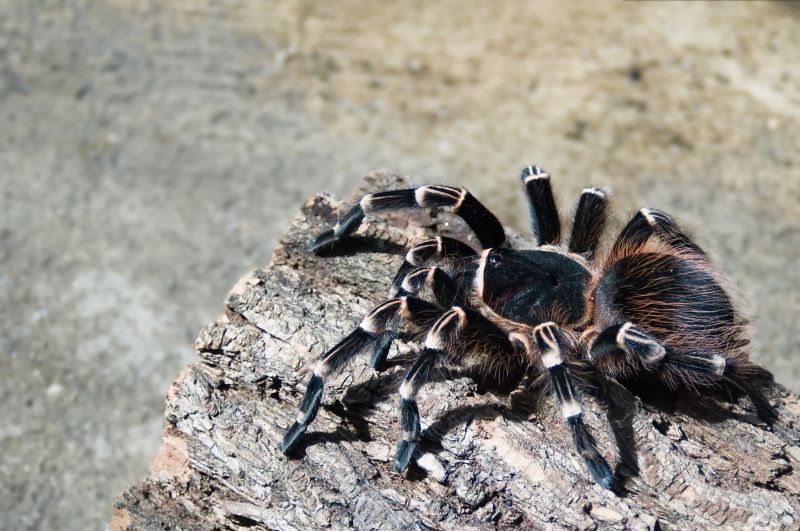
Ways to make Black Widow Removals work in tight or awkward layouts.
Interested in preventing black widow infestations or scheduling a removal? Filling out the contact form can provide more information and assistance for effective treatment tailored to seasonal activity patterns.



